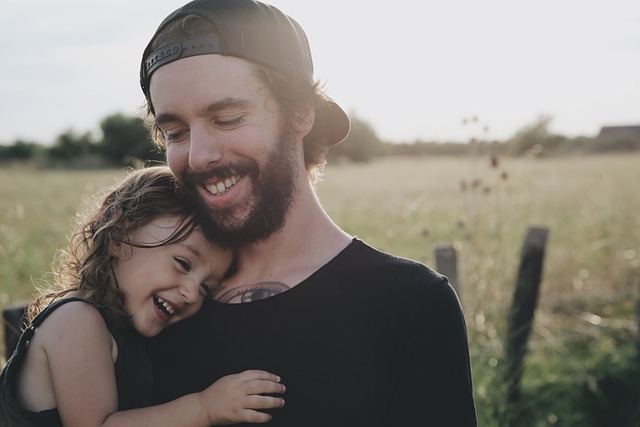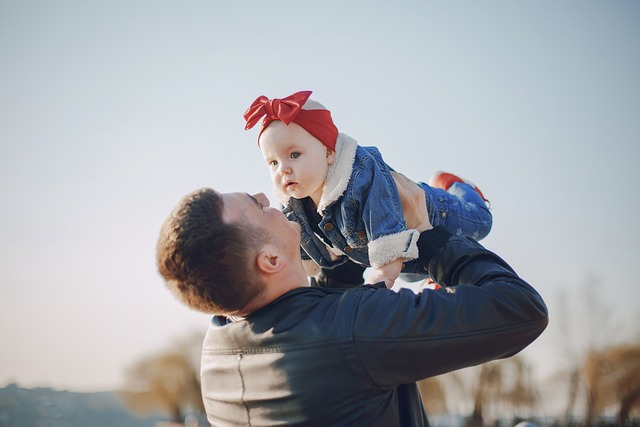In Pennsylvania, particularly Pittsburgh, sexual assault laws protect vulnerable populations like the elderly. If you've experienced sexual abuse in a care facility, consult an elderly sexual assault attorney for legal guidance and protection of your rights. These attorneys navigate complex processes, ensuring justice and compensation for survivors through criminal and civil litigation.
“In Pittsburgh and throughout Pennsylvania, addressing sexual assault in care facilities is a pressing issue. This article delves into the legal implications surrounding this sensitive topic, offering crucial insights for both victims and professionals. We explore the state’s sexual assault laws and the unique rights of elderly patients in care facilities.
Additionally, we guide readers through the complex process of criminal and civil litigation, emphasizing the importance of seeking an experienced elderly sexual assault attorney in Pittsburgh for adequate representation.”
Understanding Sexual Assault Laws in Pennsylvania

In Pennsylvania, including Pittsburgh, sexual assault is a serious criminal offense with significant legal implications. The state has stringent laws in place to protect individuals, particularly vulnerable populations such as the elderly, from sexual abuse. Under Pennsylvania law, sexual assault is defined as any unwanted sexual contact or penetration, including forcible or non-consensual acts, without regard to gender. This broad definition encompasses a range of behaviors and includes incidents that occur within care facilities, such as nursing homes and assisted living communities.
If you or someone you know has experienced sexual assault in a Pittsburgh care facility, it’s crucial to consult an elderly sexual assault attorney immediately. They can guide victims through the legal process, ensure their rights are protected, and help them secure justice. The specific laws and procedures related to sexual assault cases can be complex, but an experienced attorney will navigate these intricacies to achieve the best possible outcome for their client.
Legal Rights of Elderly Patients in Care Facilities

In care facilities, elderly patients often rely heavily on their caregivers for daily needs and well-being. Unfortunately, this vulnerability can make them susceptible to sexual abuse and assault. As such, it’s imperative to understand the legal rights of these individuals. According to Pennsylvania law, elderly patients in Pittsburgh care facilities are protected by state statutes that define and address sexual misconduct against them. An elderly sexual assault attorney Pittsburgh can help victims navigate their legal options and seek justice for any violations of these rights.
If an elderly resident experiences sexual assault within a care facility, there are specific procedures to follow. Victims or their families should immediately report the incident to the appropriate authorities, including local law enforcement and state regulatory agencies responsible for monitoring care facilities. Legal counsel specializing in elderly sexual assault cases in Pittsburgh can guide victims through these processes, ensuring they receive adequate support and compensation for any harm suffered.
Navigating Criminal & Civil Litigation for Victims

For victims of sexual assault within care facilities, navigating both criminal and civil litigation can be a challenging yet necessary process. In Pittsburgh, where elderly residents are particularly vulnerable, an elderly sexual assault attorney plays a crucial role in guiding survivors through these legal avenues. They understand the complexities of such cases and can help victims secure justice and compensation for the trauma they’ve endured.
Criminal litigation involves reporting the assault to law enforcement and working with prosecutors to build a case against the perpetrator. Meanwhile, civil litigation seeks damages from the facility or individuals responsible for the victim’s care. An experienced elderly sexual assault attorney in Pittsburgh can assist with gathering evidence, interviewing witnesses, and presenting cases in both criminal and civil courts, ensuring that victims’ rights are protected and they receive the support they deserve.





